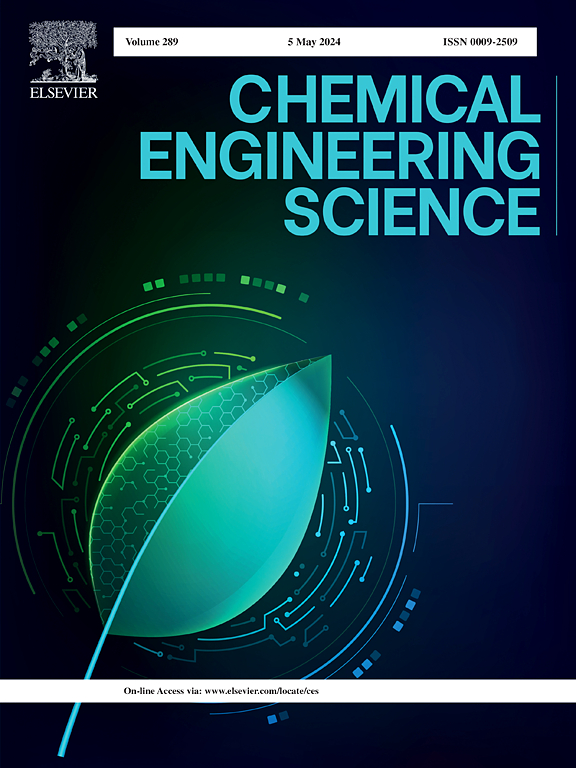使用多种机器学习模型全面准确地预测关键喷气燃料特性
IF 4.1
2区 工程技术
Q2 ENGINEERING, CHEMICAL
引用次数: 0
摘要
由新兴机器学习(ML)驱动的定量结构-性质关系(QSPR)模型的开发有望加速具有复杂碳氢化合物成分的喷气燃料的设计和制备。在这项工作中,我们收集了来自不同炼油厂的104种喷气燃料,确定了燃料组成的详细成分,并使用标准方法测试了燃料性能(密度、粘度、净燃烧热、凝固点和闪点),形成了分子结构/组成和性能数据库。随后,采用6种主流ML算法建立QSPR模型,其中最佳ML模型对各属性的预测精度均提高到0.93以上。最后,将最佳ML属性模型应用于预测未见的RP-3燃料,所有预测误差都在可接受的范围内。这项工作不仅为航空燃油数据库的建设提供了有价值的数据,而且为预测其关键特性提供了工具。本文章由计算机程序翻译,如有差异,请以英文原文为准。
Comprehensive accurate prediction of critical jet fuel properties with multiple machine learning models
Quantitative structure–property relationship (QSPR) model development driven by emerging machine learning (ML) shows promise for accelerating design and preparation of jet fuels with complex hydrocarbon compositions. In this work, we collected 104 jet fuels from different refineries, determined the detailed components of the fuel composition, and tested the fuel properties (density, viscosity, net heat of combustion, freezing point and flash point) using standard methods to form a database of molecule structure/composition and properties. Subsequently, six mainstream ML algorithms were adopted to establish the QSPR models, in which the prediction accuracy of the best ML models for each property is improved to above 0.93. Finally, the best ML property models are applied to predict unseen RP-3 fuels, and all prediction errors are within acceptable limits. This effort not only provides valuable data for the construction of the jet fuel database, but also provides tools for predicting its critical properties.
求助全文
通过发布文献求助,成功后即可免费获取论文全文。
去求助
来源期刊

Chemical Engineering Science
工程技术-工程:化工
CiteScore
7.50
自引率
8.50%
发文量
1025
审稿时长
50 days
期刊介绍:
Chemical engineering enables the transformation of natural resources and energy into useful products for society. It draws on and applies natural sciences, mathematics and economics, and has developed fundamental engineering science that underpins the discipline.
Chemical Engineering Science (CES) has been publishing papers on the fundamentals of chemical engineering since 1951. CES is the platform where the most significant advances in the discipline have ever since been published. Chemical Engineering Science has accompanied and sustained chemical engineering through its development into the vibrant and broad scientific discipline it is today.
 求助内容:
求助内容: 应助结果提醒方式:
应助结果提醒方式:


